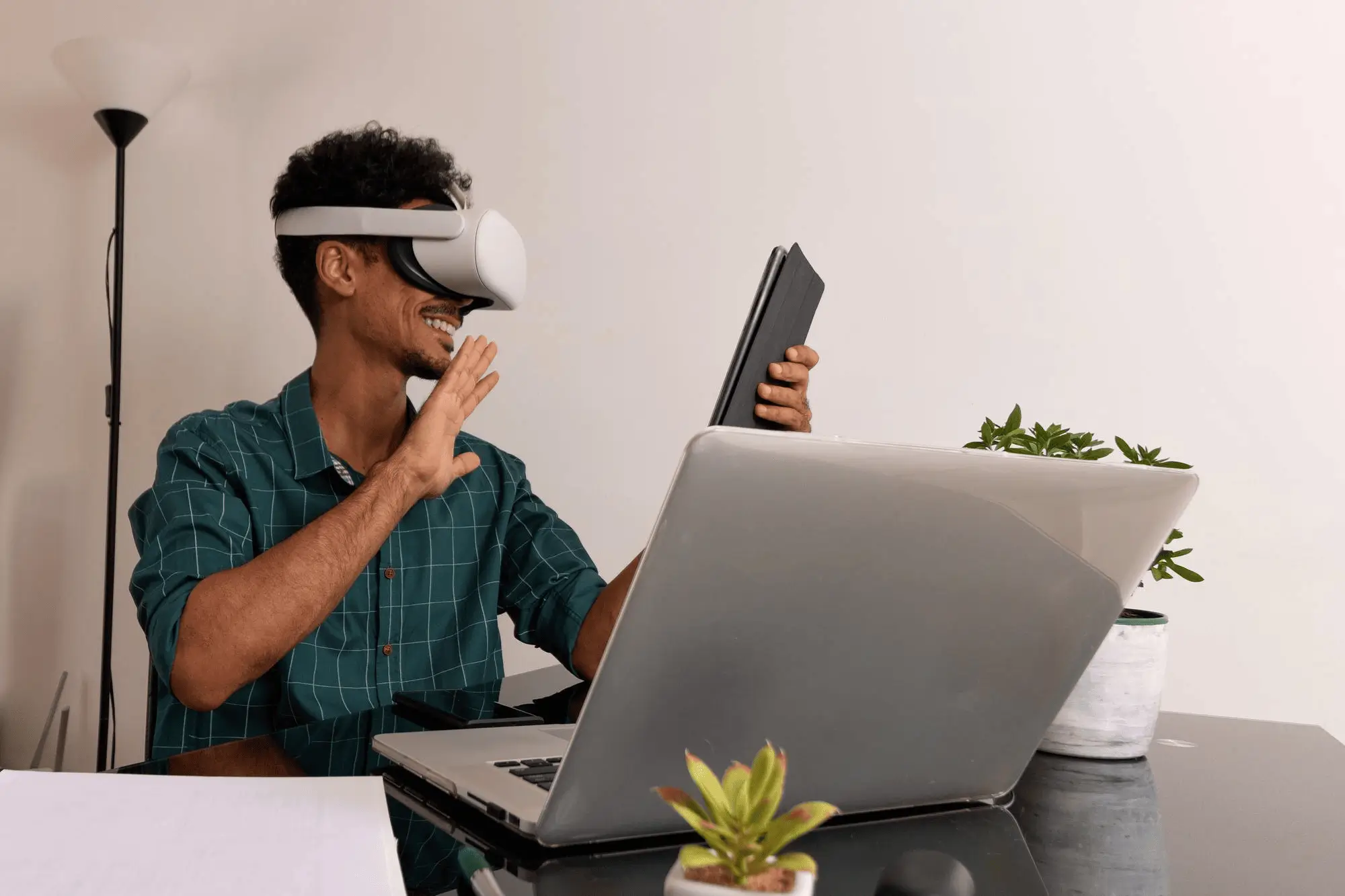Personalized Learning Experiences
One of the most significant ways AI is changing medical education is through personalized learning experiences. Traditional medical education follows a one-size-fits-all approach, where all students receive the same lectures, materials, and assessments. However, every student has a unique learning style and pace, and this is where AI shines.
AI-powered platforms can analyze a student's learning habits, strengths, and weaknesses to create customized learning paths. These platforms adapt in real-time, offering additional resources or adjusting the difficulty of tasks to match the student's progress. This personalized approach ensures that students master the material at their own pace, leading to better retention and understanding.
Advanced Training Simulations
AI is also making medical education more accessible. In many parts of the world, access to quality medical training is limited due to a lack of resources, qualified instructors, or infrastructure. AI-driven platforms are breaking down these barriers by providing high-quality educational content online.
Students from remote or underprivileged areas can now access the same level of education as those in well-funded institutions. AI algorithms can translate content into multiple languages, ensure that the material is culturally relevant, and even offer remote mentorship programs. This democratization of medical education is helping to address the global shortage of healthcare professionals by training more students in more places.
Enhanced Accessibility
The use of AI in medical training simulations is perhaps one of the most exciting developments in recent years. Traditional training methods, such as cadaver dissections and basic mannequins, have limitations in terms of realism and scope. AI-powered simulations, however, offer a highly immersive and interactive experience.
Students from remote or underprivileged areas can now access the same level of education as those in well-funded institutions. AI algorithms can translate content into multiple languages, ensure that the material is culturally relevant, and even offer remote mentorship programs. This democratization of medical education is helping to address the global shortage of healthcare professionals by training more students in more places.
Continuous Professional Development
The role of AI in medical education doesn't end at graduation. Continuous professional development is crucial in the medical field, where new research and technologies are constantly emerging. AI can assist medical professionals in staying up-to-date with the latest developments through personalized learning modules and real-time information updates.
For instance, AI can analyze a doctor's current knowledge base and suggest relevant courses, articles, or case studies to fill in knowledge gaps. This ensures that healthcare professionals can continuously improve their skills and knowledge, ultimately leading to better patient care.
Conclusion
AI is transforming medical education in profound ways, from personalized learning experiences to advanced training simulations and enhanced accessibility. By leveraging AI, the medical education field is becoming more efficient, effective, and inclusive. As these technologies continue to evolve, we can expect even more innovative solutions that will further improve the training of the next generation of healthcare professionals.
For companies like Grasp XR, which are at the forefront of integrating AI into medical training, the future holds endless possibilities. By embracing these advancements, we can help shape a future where every medical student and professional has the tools they need to succeed.

